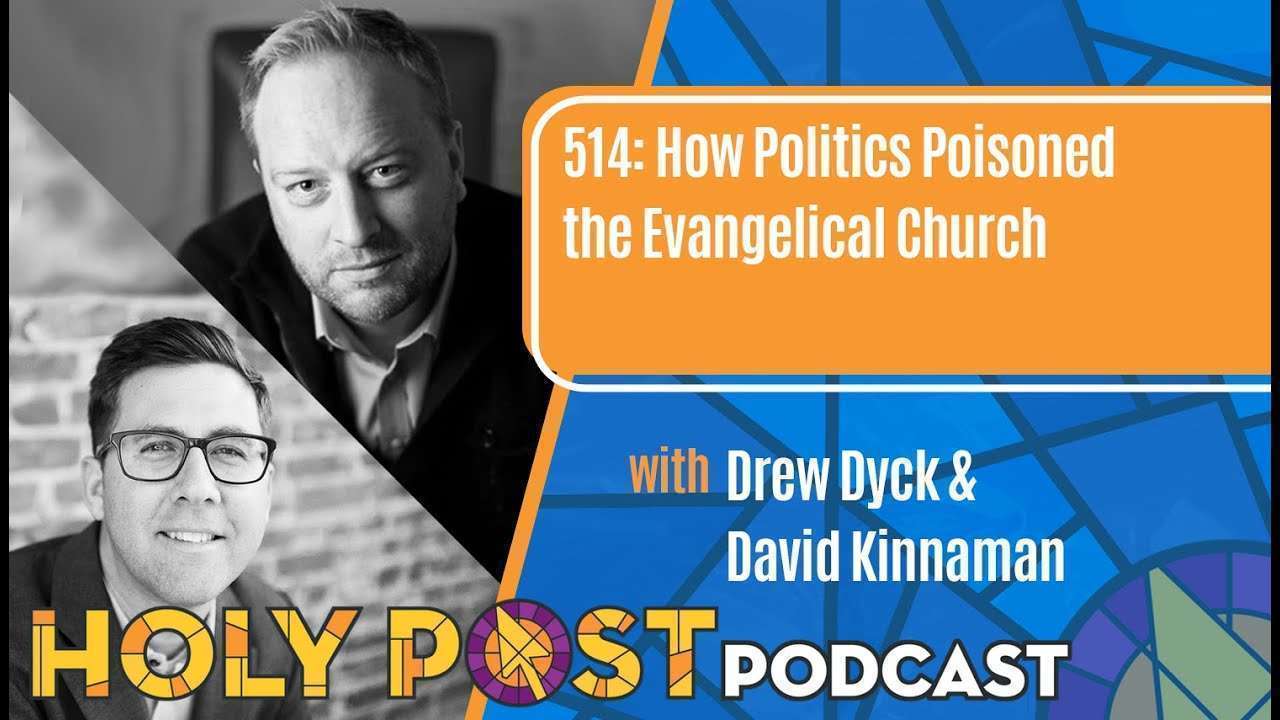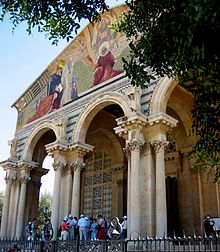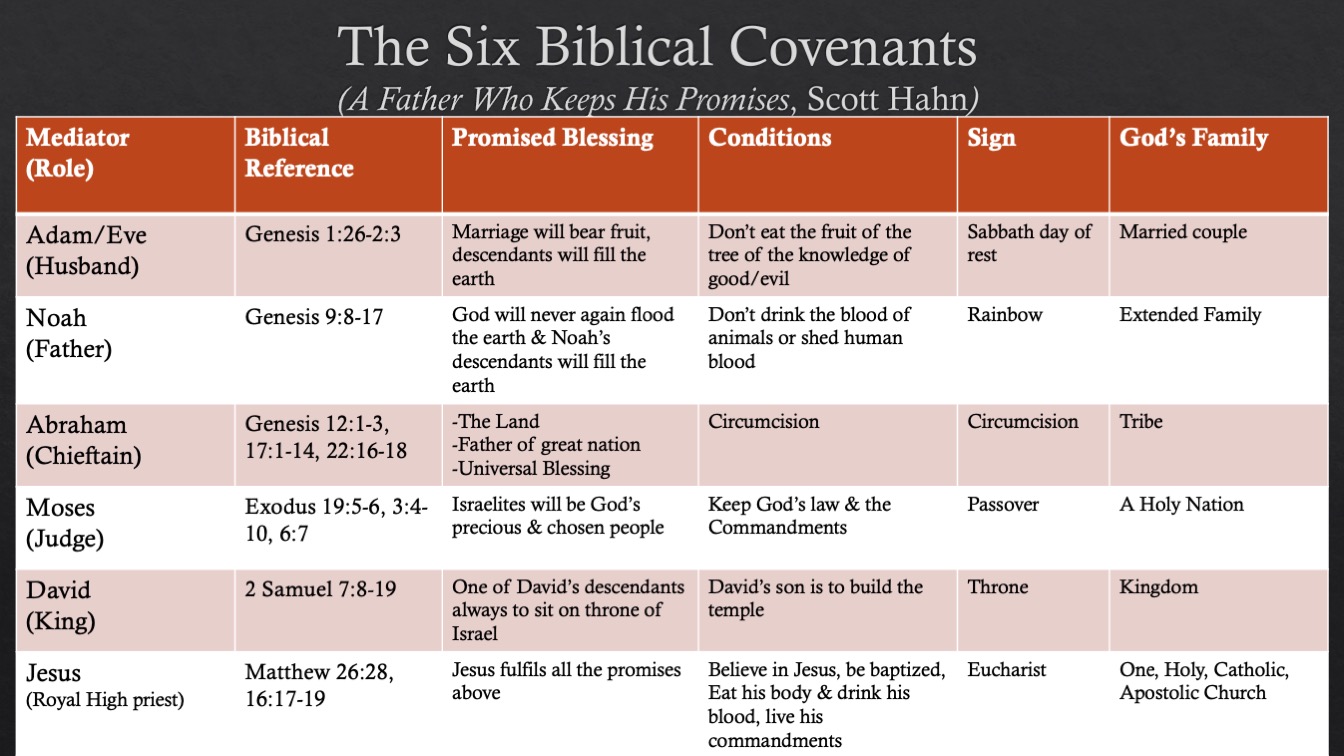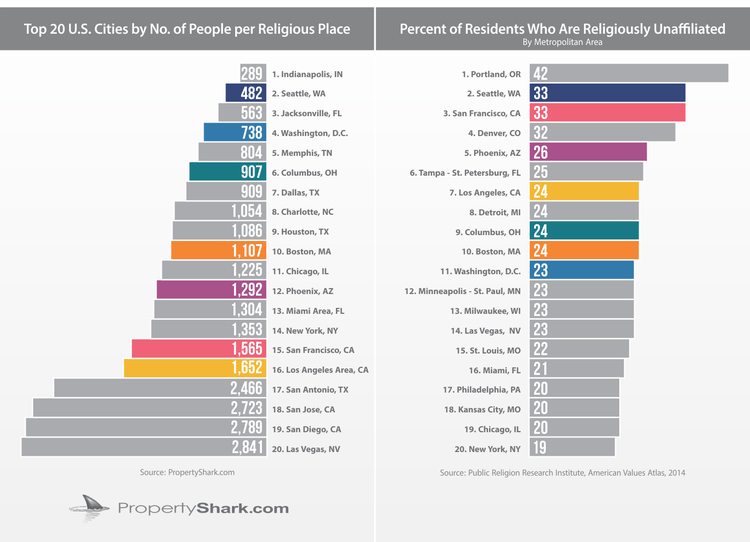In recent years, we’ve seen an alarming trend in evangelical churches: political divisions. These divisions have resulted in a loss of membership and a decline in church attendance. The problem begins with the way evangelicals view politics. They tend to see it as a battle between good and evil, which pits Christians against non-Christians. As a result, evangelicals are divided into two camps: liberal and conservative. This politicization of the church has dire consequences for both the individual member and the church as a whole. It leads to division, disengagement, and even defection. But it doesn’t have to be this way. Politics can exist side-by-side with faith without damaging either one. In this blog post, we will explore how politics can play a positive role in evangelical churches and how to navigate these treacherous waters safely.
Background
The evangelical church used to be one of the most influential and powerful forces in America. But over the past few decades, politics has increasingly poisoned its relationship with the government and other institutions.
Today, evangelical Christians are divided on many issues, from LGBT rights to abortion. This divide has caused a lot of pain and controversy within the church.
But it’s not just political disagreements that have caused problems for evangelicals. The church’s close relationship with the government has also had negative consequences.
For example, evangelicals have been very supportive of President Donald Trump. But this support has come at a price. Trump is infamous for his controversial policies, including his proposal to build a wall along the U.S.-Mexico border.
Many evangelical leaders have come out against Trump’s plans, but they haven’t been able to change Trump’s mind. This is because Trump is closely tied to conservative Christian groups, which have been very supportive of him.
This situation has created problems for evangelical Christians across the country. Some of them have lost their jobs because they don’t agree with Trump’s policies, while others have had their faith questioned because they support him.
The Origins of the Political Manipulation of Evangelical Christianity
Evangelical Christianity has been through a lot over the years. In the early days, evangelical churches were very politically active and helped to spread the gospel across the country. However, as time went on, evangelicalism became more politicized. This was largely due to the political manipulation of Evangelical leaders by politicians.
At first, politicians knew that they could get evangelical support by promising to do things like fund churches or provide social services. However, over time this changed. Politicians started using Evangelical leaders to spread their own religious beliefs and doctrines instead of just using them for their political purposes. This led to a large amount of division within the church and ultimately destroyed it from within.
Nowadays, Evangelical leaders rarely speak out against political agendas because they know that it will cause them pain and damage. Instead, they try to stay neutral in order to protect their church from being damaged beyond repair. Unfortunately, this strategy is not working very well and the church is slowly dying from within
The Use of Propaganda to Control Evangelical Christians
The use of propaganda to control evangelical Christians dates back to the early days of the republic. In 1796, James Madison wrote an influential essay proposing that the federal government use its power to promote a particular set of values in society. According to Madison, the government should use its resources “to create a general opinion in favour of those principles which it finds to be essential to the public weal.”
While Madison’s proposal was never implemented, his idea has been embraced by many over the years. Propaganda has been used to control evangelical Christians for quite some time now. One example is Operation Blessing, an evangelism initiative launched by then-President George W. Bush in 2001. The goal of Operation Blessing was to spread Christianity throughout Africa by providing financial and logistical support to churches and ministries. However, critics argue that Operation Blessing was nothing more than a front for politically motivated evangelism.
One recent example of propaganda being used to control evangelical Christians is Trump’s decision to appoint Stephen Bannon as Chief Strategist and Senior Counselor in the White House. Bannon is known for his work on behalf of conservative causes, including promoting Breitbart News, which is widely considered to be a platform for white nationalism and xenophobia. Given Bannon’s history of promoting extreme views on behalf of evangelicals, it’s no surprise that many are concerned about how he will influence Trump’s policies toward religious minorities。
Consequences of the Political Manipulation of Evangelical Christianity
The manipulation of evangelical Christianity by politicians has consequences that go far beyond the religious sphere. Political manipulation has resulted in a separation of church and state, which is contrary to the tenets of evangelicalism. Evangelicals are supposed to be dedicated to upholding the Constitution, but they have instead become obedient foot soldiers in the political arena. This has led to a decline in faithfulness among evangelicals, as well as a loss of trust in government. The politicization of evangelical Christianity also allows for discrimination against conservative Christians. For example, when Mitt Romney was running for office, he was criticized by progressives for his views on abortion and same-sex marriage. This type of discrimination has a negative impact on evangelical faithfulness and strengthens the perception that evangelical Christianity is political rather than spiritual.
Political manipulation has had a harmful effect on both evangelicalism and American democracy. Faithful followers of Jesus Christ should be devoted to upholding the Constitution and working towards righteousness, not blindly following their leaders into politics. If evangelicals continue to abandon their faith in government, it will only lead to further erosion of trust in institutions and ultimately undermine American democracy
Recommendations for Reform
1. Recommendations for Reform
1.1 Influence of politics on evangelical church
Political influence has tainted the evangelical church in a number of ways, including through the spread of anti-Christian rhetoric, support for political candidates and legislation, and manipulation of religious doctrine to further political agendas.
In order to restore its credibility and ensure that its message is delivered without distortion, the evangelical church should work to remove all political influences from its operations. This will require a rethinking of how it engages with government and society at large, as well as a commitment to living out its beliefs in an even-handed manner.
1.2 Urge civic engagement
The evangelical church should urge its members to engage in civic life, both locally and nationally. Doing so will help promote understanding between different groups while also promoting moral values such as honesty, integrity, and tolerance.
1.3 Promote transparency and accountability
The evangelical church should embrace transparency and accountability principles in order to show that it is operated independently from partisan interests. This will help restore faith in the institution among those who are skeptical of its motives due to previous political indiscretions.






